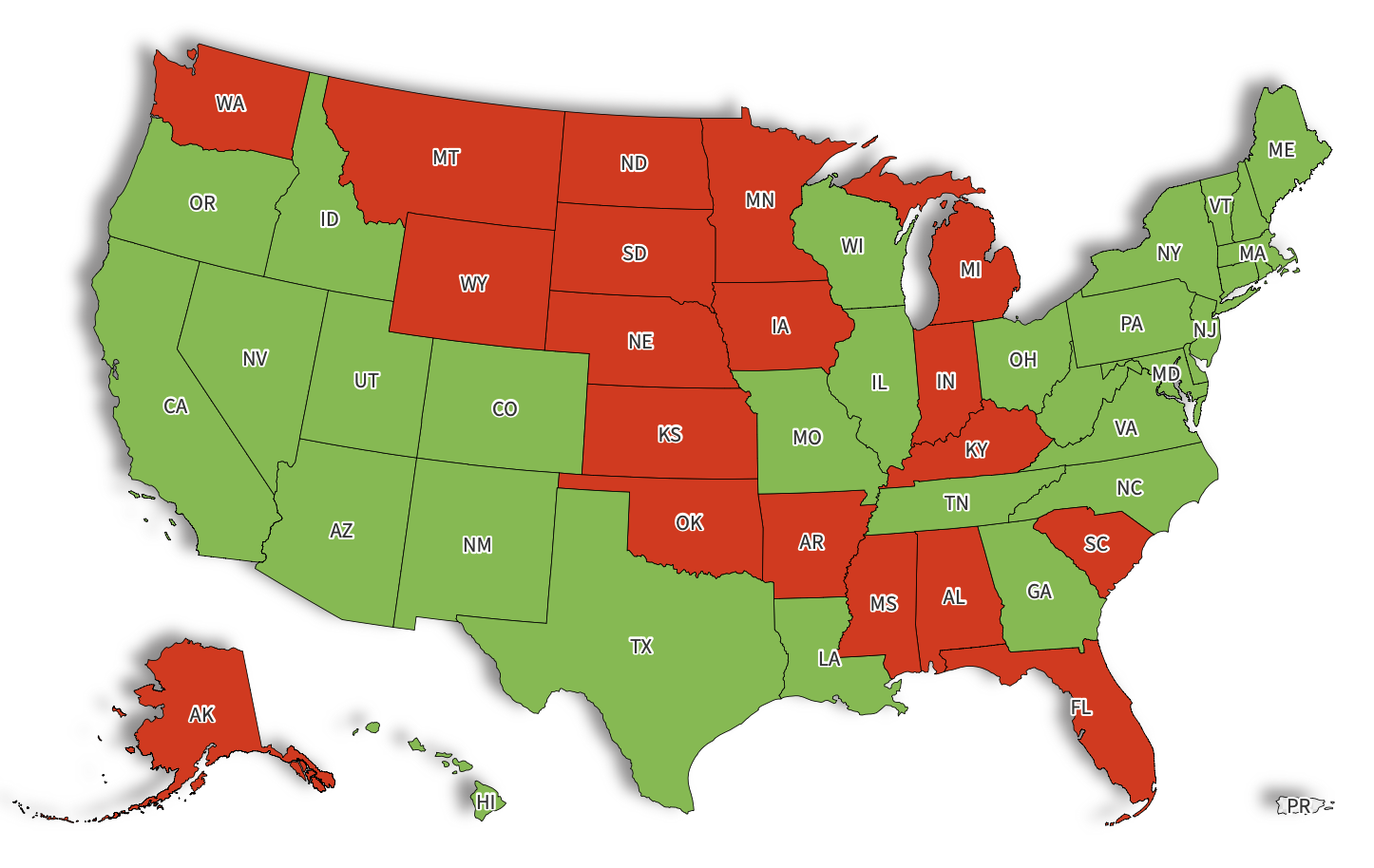J.R.R. Tolkien doesn’t get much more Heavy Metal than Helm Hammerhand, the legendary King of Rohan and the focus of Lord Of The Rings’ first anime feature, The War Of The Rohirrim. Known for killing a man in a single blow before stalking and murdering his enemies one at a time, Hammerhand ranks among the Tolkien characters most likely to end up airbrushed on the side of the sickest van you’ve ever seen. If there’s a reason to make a 135-minute adaptation of a couple of paragraphs from the Rings’ Appendices, he is it. But his mighty Hammerhands are mighty full.
Both resurrecting Peter Jackson’s beloved Oscar-winning trilogy and an experiment in expanding the Middle-earth cinematic industrial complex, The War Of The Rohirrim is the first theatrically released Lord Of The Rings film since The Hobbit trilogy petered out a decade ago. Not that the franchise is forgotten. The original trilogy’s singular resonance in movie culture, comparable only to Star Wars and The Godfather and bolstered by its overwhelming critical, commercial, and awards success, has found home on top 10 lists, memes, and monthly marathons on TNT over the last 20 years. Returning castmember Miranda Otto, who narrates as Éowyn, smooths over whatever uneven ground this new film traverses. Director Kenji Kamiyama’s uncanny recreation of Jackson’s world makes The War Of The Rohirrim an easy rampart to overtake, retrofitting obscure lore into the familiar aesthetic.
Kamiyama’s team animates the Riddermark audiences first traversed in The Two Towers through a blend of 2-D and 3-D so lifelike it could inspire another tourism surge in New Zealand. The team used motion capture, model work, and hand-drawn animation to create a staggeringly realistic art style, convincingly pushing the idea that a physical camera is moving through these illustrated spaces. It’s reminiscent of the special effects wizardry Wētā Workshop introduced at the turn of the century. However, like Amazon’s The Rings Of Power series, Rohirrim is more fan fiction than adaptation, fleshing out the heretofore unwritten legends of Tolkien’s peripheral and unnamed characters and reducing the myths that colored the edges of Tolkien’s world into recognizable story beats of revenge, unrequited love, and patriarchal control. Kamiyama and his fellowship of screenwriters—Jeffrey Addiss, Will Matthews, Phoebe Gittins, and Arty Papageorgiou, working off a story co-written by LOTR screenwriter Philippa Boyens—time Hammerhand’s legend to Jackson’s rhythms. The rich animation and rote mythmaking counteract each other, turning Rohirrim into a slight Lord Of The Rings adventure that gallops proudly but is unlikely to inspire any songs or ballads—let alone become a necessary addition to series rewatches.
Tolkien died before completing the history of the Rohirrim, and the film opens with most of what’s written. Boasting one of Tolkien’s best names this side of Fatty Lumpkin, King Hammerhand (Brian Cox) humors a request from Freca (Shaun Dooley), a rogue Rohan lord. Freca asks for the hand of the King’s daughter, Héra (Gaia Wise), for his son, Wulf (Luca Pasqualino), aiming to unite the families and bolster Freca’s power in the West-march. In response, Hammerhand mocks Freca’s weight, invites him outside “where men are freer,” and earns the moniker “Hammerhand” and a vengeful adversary in Wulf. Years later, Wulf returns with an army of mercenaries and forces the Rohirrim into Helm’s Deep.
Much of the film follows Héra, an Éowyn-coded “shieldmaiden.” Known as “Helm’s Daughter” in Tolkien’s brief mentions, Héra sees herself as one of the warrior women whose history has been mostly forgotten, with the screenwriters wedging a new legend into the cracks of Tolkien’s writing. She has the same temperament, combat training, and horse-girl heart as Éowyn, slotting into the familiar framework of Tolkien’s few female characters; she wants autonomy, and her father wants her at home. To gin up some drama, the film casts Wulf and Héra as childhood friends, which Wulf believes would lead to something more. Her rejection fuels his rage. Her thin characterization makes her more Princess Zelda than Mononoke, neither particularly compelling nor philosophically curious, but she can still surprise with a sword. She’s also competing with a far more interesting and satisfying story in Helm Hammerhand. With Cox’s voice booming out of his massive body, Helm lives up to the legend, delivering Tolkienian myth that feels like an epic poem sung by Blind Guardian, and not the remixes and echoes available on Prime.
Kamiyama’s work on this epic is less hallucinatory than his breakthrough series, Ghost In The Shell: Stand Alone Complex, but his compositing can still be jarring, pushing the effects into the uncanny valley. Still, his camera has a kinetic freedom. When Héra flees an oliphaunt, the camera swoops from side to side, staying locked with Héra as she speeds through Fangorn Forest. It is one of several exhilarating action sequences that help make The War Of The Rohirrim an easy journey. Héra might not be the most original creation, but Kamiyama lays out her story diligently, with visual clarity, efficient characterization, and well-defined stakes. For a two-hour anime about an esoteric legend, The War Of The Rohirrim whizzes by, sticking to plot, action, and (perhaps too much) narration. What’s missing are the side quests. Like Jackson’s trilogy, there is no proverbial detour to Tom Bombadil’s house to show off Middle-earth’s broader, messier, and sillier world. Aside from a brief appearance by two Ring-hunting Orcs, Kamiyama is only concerned with the legend before him. Though often striking, its visual language never strays far enough afield to find the kind of ancient magic that makes Middle-earth unique.
The Lord Of The Rings: The War Of The Rohirrim is a slight Middle-earth adventure that’s fleet-footed but inconsequential. The film proves Middle-earth has more legends worthy of exploration, and 20 years of Lord Of The Rings ubiquity makes for a smooth return. However, despite the fresh aesthetic, the narrative familiarity can leave it open to unwelcome comparisons. Namely, for a movie about Helm’s Deep, the site of Lord Of The Rings’ most iconic battle, Rohirrim never lives up to the fortress’ reputation. The road goes ever on and on, but this path is too well-trodden.
Director: Kenji Kamiyama
Writer: Jeffrey Addiss, Will Matthews, Phoebe Gittins, Arty Papageorgiou
Starring: Brian Cox, Gaia Wise, Miranda Otto, Lorraine Ashbourne, Yazdan Qafouri, Benjamin Wainwright, Laurence Ubong Williams, Shaun Dooley, Michael Wildman, Jude Akuwudike, Bilal Hasna, Janine Duvitski
Release Date: December 13, 2024




















 English (US) ·
English (US) ·